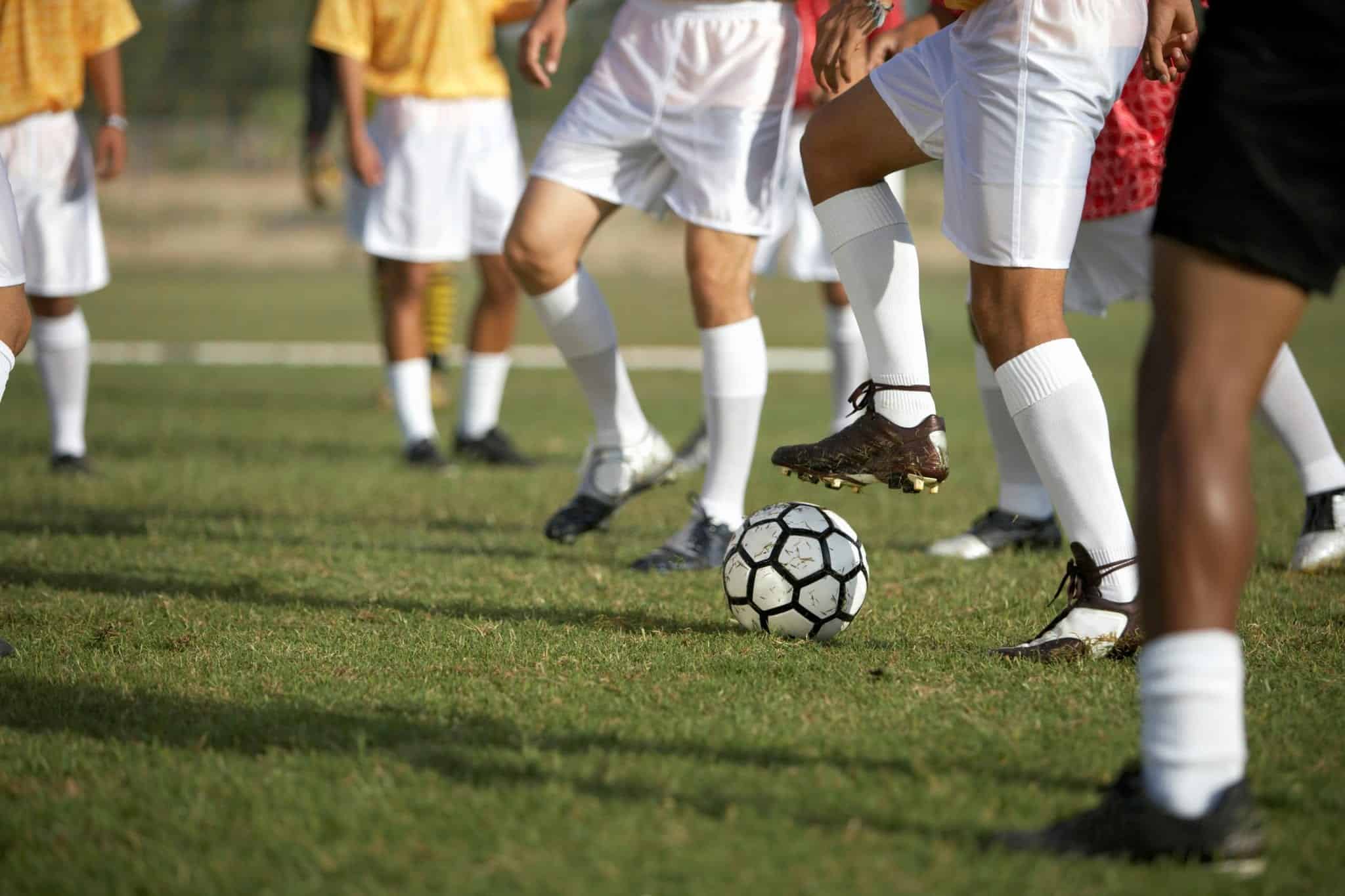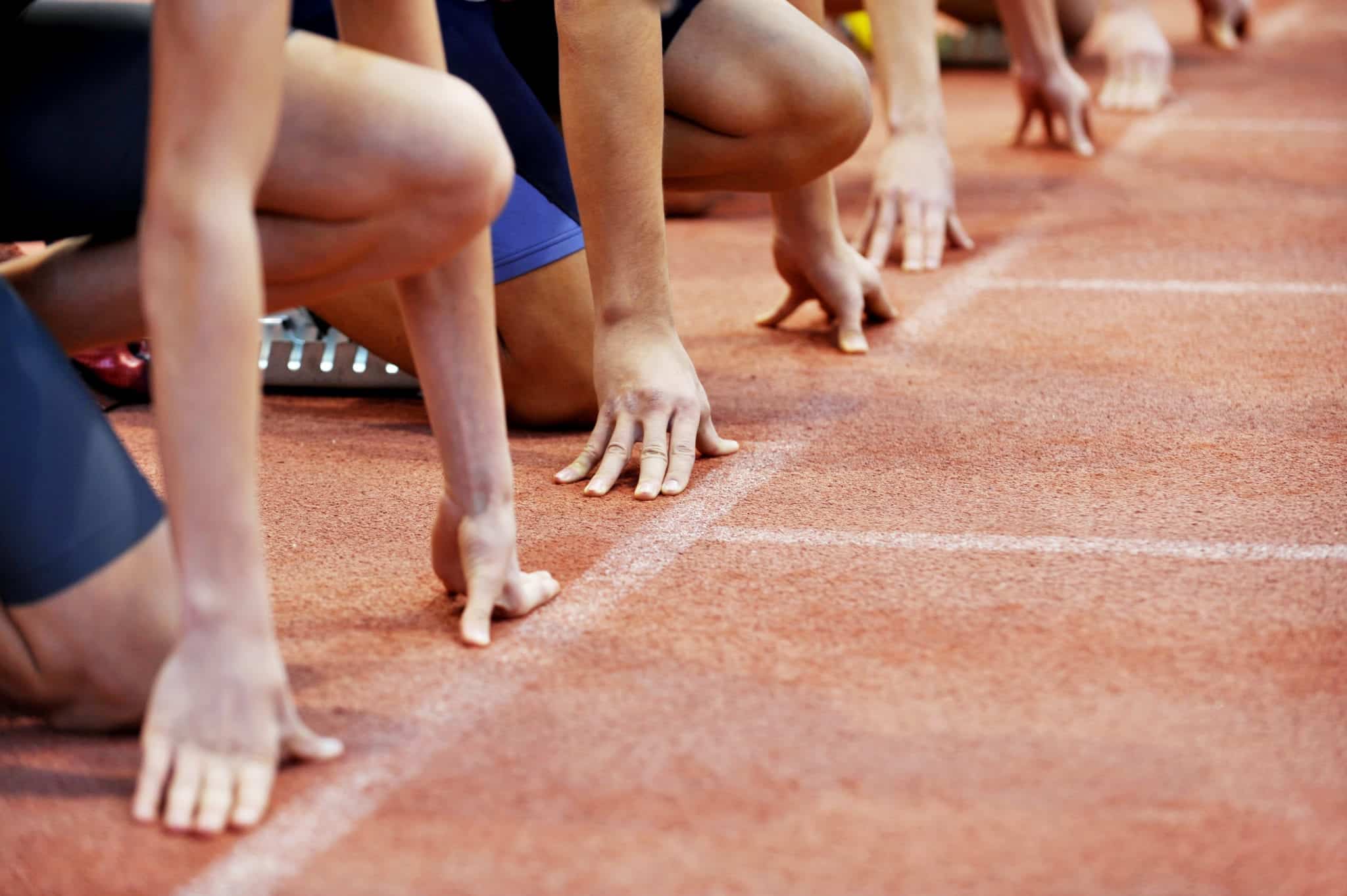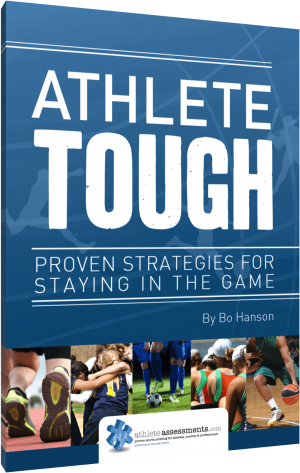Why bullying doesn’t get long-term results, build mental skills or mental toughness
In a revealing interview with Dr. Jen Fraser, for End Bullying & Abuse in Sports Summit, Bo Hanson 3x Olympic medalist and 4x Olympian explains why a coach’s bullying tactics will not create a pathway for personal growth, long-term results, mental skills or mental toughness.

The hour-long seminar compares bullying to the concepts and techniques that actually develop resourceful, resilient athletes who are mentally tough. Hanson and Dr Fraser talk about how coaches can build relationships that result in teams playing for themselves, for each other and their coaches. Workshop participants will also learn to recognize a bid for their attention and the way a coach’s recognition can become an athlete’s self-belief.
Hanson anchors his approach with the indisputable fact that very few athletes go on to become professionals, and that most student-athletes go on to contribute to society in other extremely valuable ways. With this in mind, it’s imperative that coaches and administrators view their role in a holistic light and establish programs that go beyond winning or losing to position athletes in the best possible place they can be.
Quite simply there is no place in sport for bullying.
From a coaching perspective, it just doesn’t work, mental toughness is not a guaranteed outcome of bullying when athletes don’t have the mental skills to convert the situations they find themselves in, into strategies they can use in difficult competitions.
Hanson explained that some coaches put their athletes in demanding situations thinking that they’ll replicate winning or survival strategies in competition, but he explained how these responses are short-term. Athletes lift to avoid their coach’s abuse, but their elevated level of performance is not sustained and puts the athlete under a great deal of stress. It can do untold damage. He points out that,
“If you take safety away from people you can forget about every other aspect of performance in a sustainable way.”
Hanson and interviewer Dr Fraser contrast the effectiveness of a bullying coach with the track record of a coach like Becky Carlson, the Women’s Rugby Coach from Quinnipiac University, who has taken out 3 national titles with her teams and builds deep and enduring connections.
Building these connections is a critically important step; it can come in the small moments when a coach notices that an athlete makes a bid for their attention. Hanson explains that these bids may be as small as volunteering something that went well for them in their day or in fact something that didn’t. When a xoach notices and acknowledges that athlete they begin to connect.

Connection is the essential foundation for coaching and further Hanson says that, “the number 1 thing that the coach must have, regardless of whether they’re winning games or not, is a belief that an athlete can be better and a belief in the athlete as a person”.
He says, “when you’re young, you don’t know, and you don’t necessarily have that self-belief. But when somebody else shows you belief and they’re an incredible person in your eyes, you can’t help it, you start to see reasons to believe in yourself as well”.
Current research shows that athletes who win medals have incredible coaches. He says, “Coaches that saw their role as a caring and nurturing role, not even win-lose, they saw their job as absolutely getting the very best out of these young people”.
Recounting his own career in rowing, Hanson says that he came last in his important high school races and feeling dejected but with a dream of representing Australia at the Olympics, it was only the validation of a coach reassuring him that he was capable of fulfilling his dreams, that he was able to continue down the path that led him to be Australia’s youngest ever Olympic rower.
More information about the End Bullying & Abuse in Sports Summit
Dr Fraser says, “Cutting-edge, rigorous research shows that 13 to 25 year olds are experiencing intense brain development which makes them highly susceptible to their environment. MRI scans confirm fifty years of psychological research that emotional abuse (adults bullying kids) does not improve their athleticism, team bonding, or winning. What it does do is harm their brains.”
The Summit organizers encourage that if you have seen or experienced any of the following in a sport environment then you MUST attend this event:
Adults yelling in children’s faces
Adults swearing, using homophobic slurs, or put downs
Adults humiliating or publicly shaming children
Adults grabbing or shoving children
Adults detaining children while they yell at them
Adults ignoring children or shunning them
Adults not giving feedback when requested
Adults privileging or favoring one set of children
Adults throwing down objects in rage or disgust
Adults blaming children
Adults with conflict of interest
Adults who deny they are harmful when questioned or sanctioned
Adults who abuse officials
Bullying and abuse in sports has a passionate community that is working hard to bring about change.
By attending in this free, online summit you will be helping to unite our community and shining a spotlight on the shift that needs to take place in sports from bullying and abuse to mindfulness and empathy. Understanding and effectively dealing with bullying and abuse needs to happen now.
About ATHLETE TOUGH
The ATHLETE TOUGH™ program, developed by Bo Hanson, does not have bullying as a strategy for building toughness! Instead, it covers 15 relevant and impactful areas for developing tough athletes.
Bo Hanson’s unique and proven program is designed to ensure your athletes never give up, never quit on their team and never quit on themselves. It will deliver strategies on how to be mentally resilient and provide step-by-step processes to help your athletes become and stay mentally strong.






